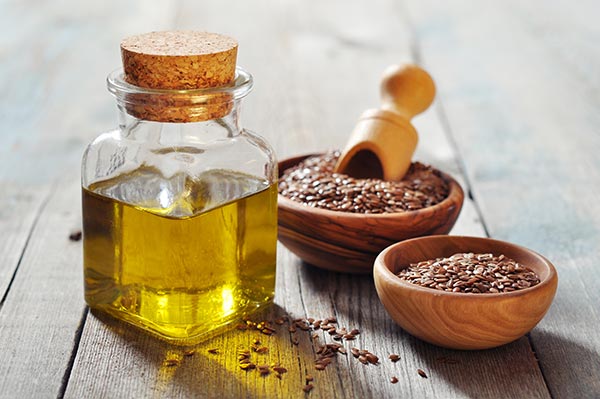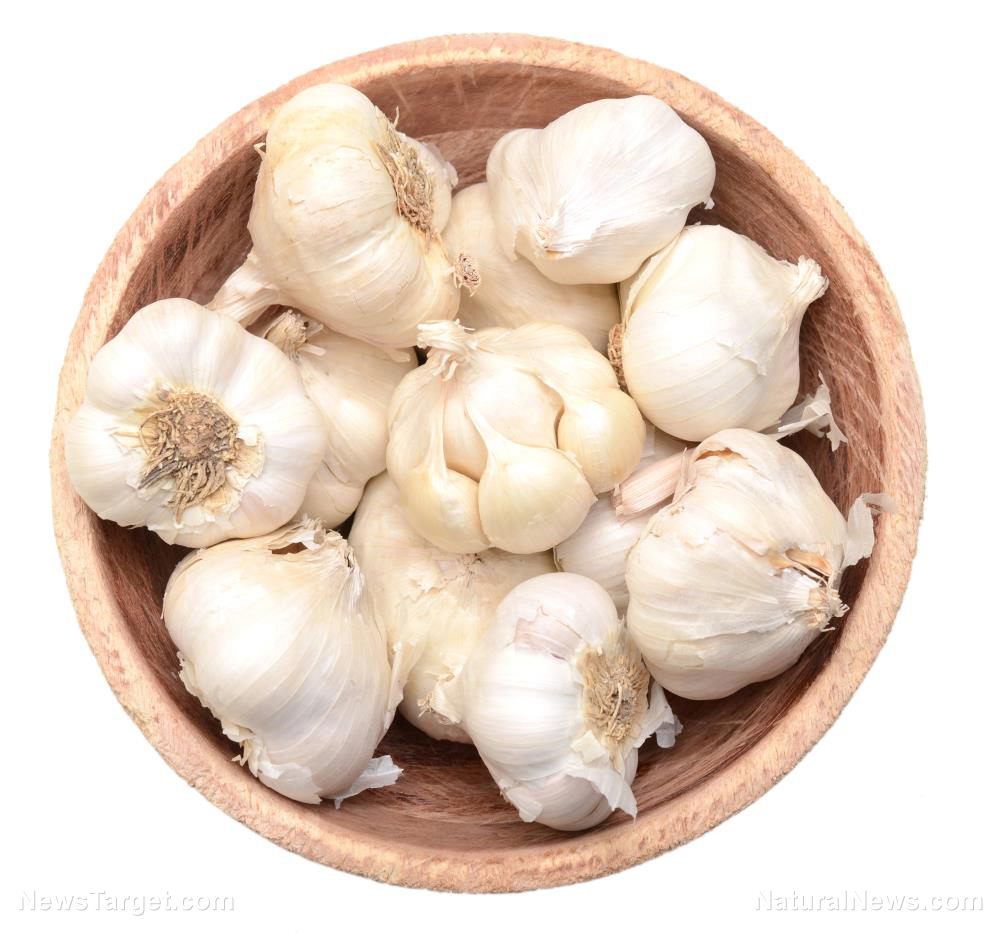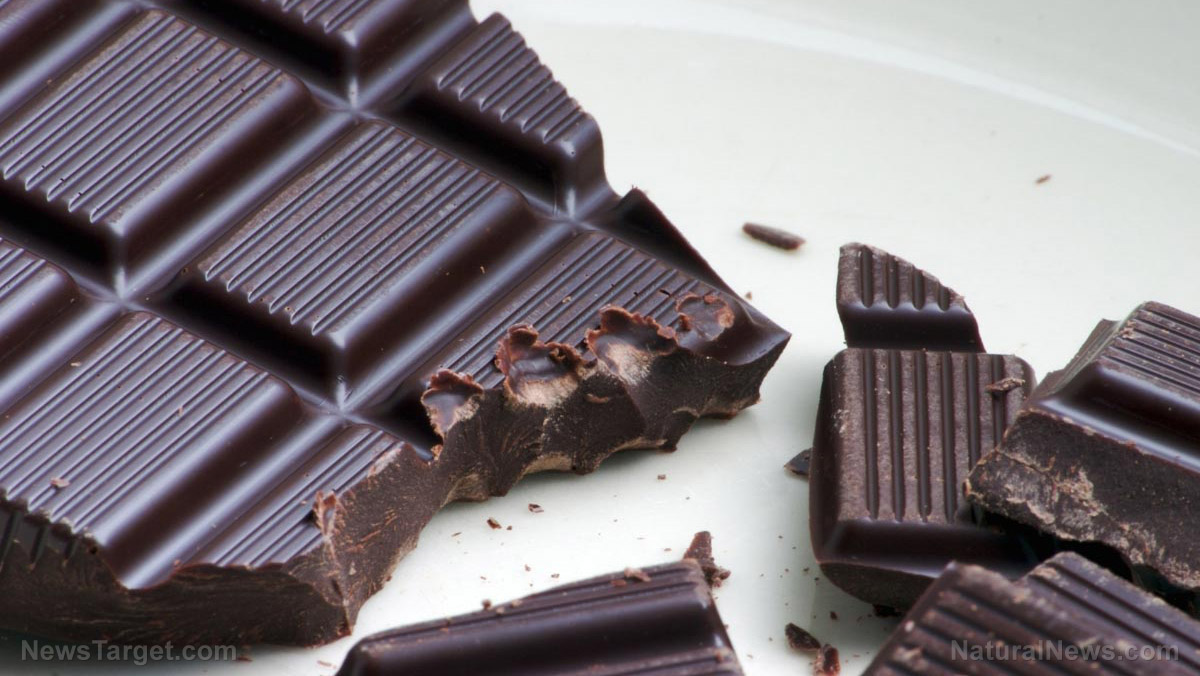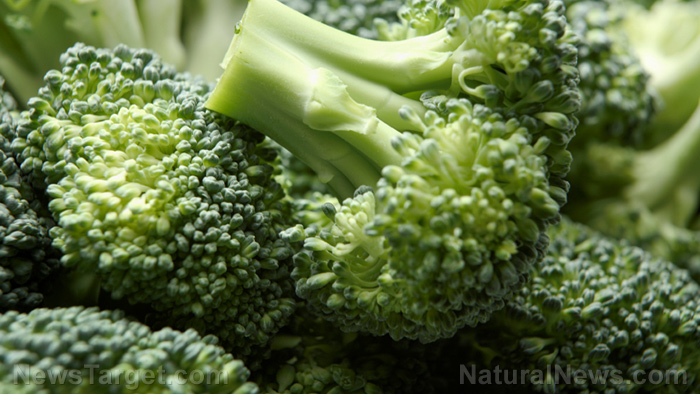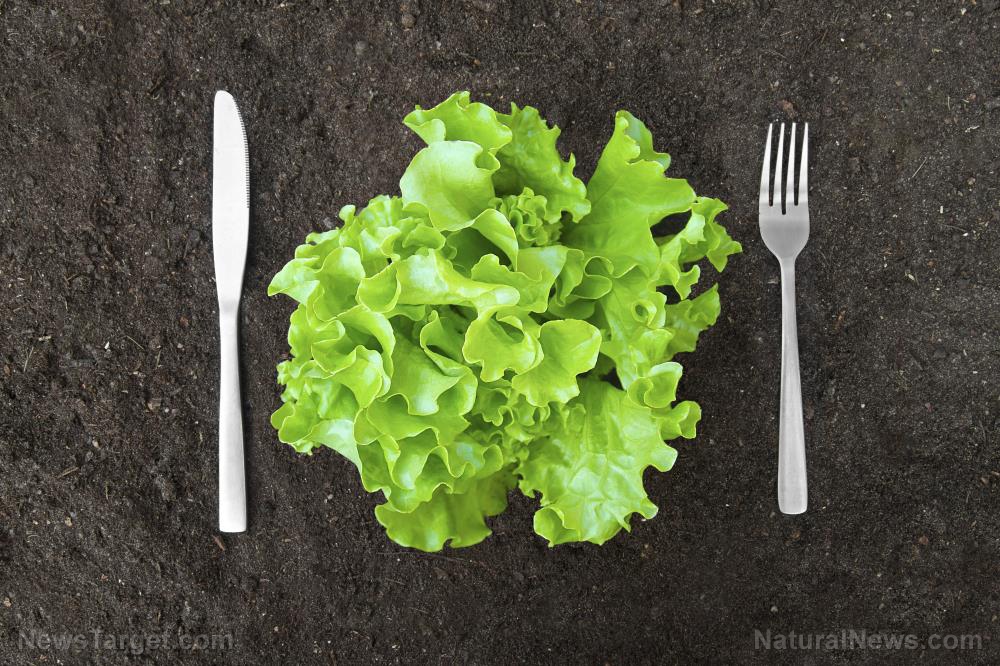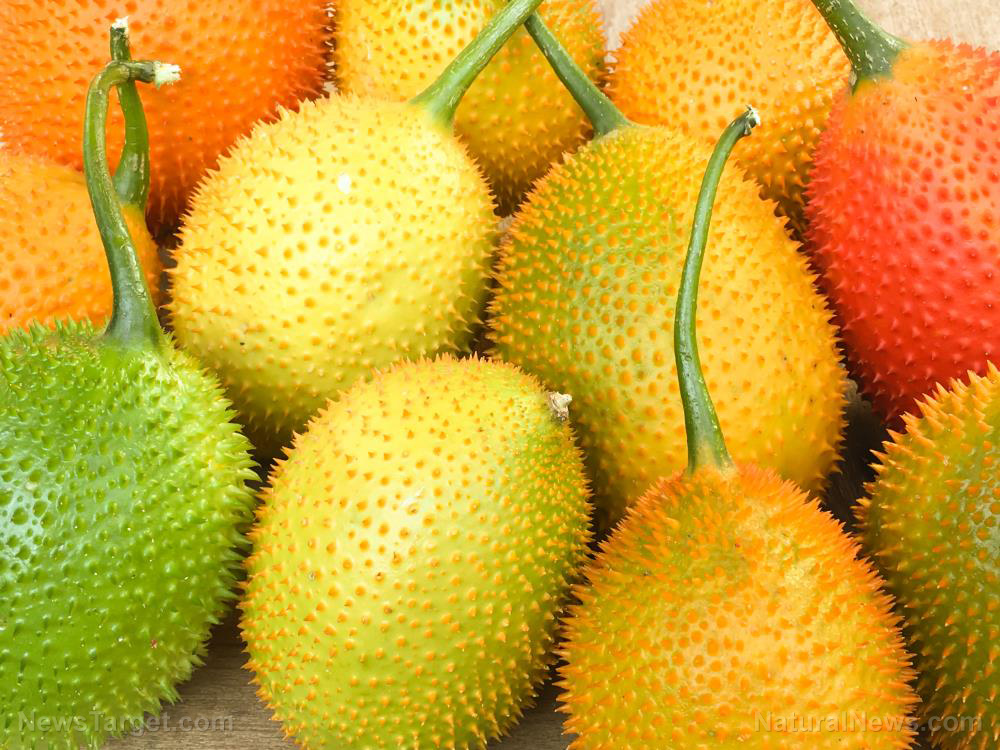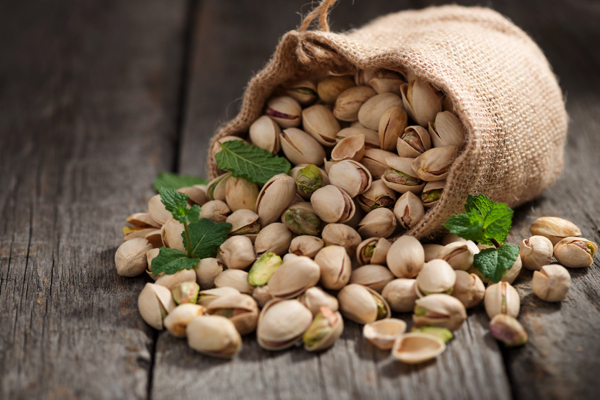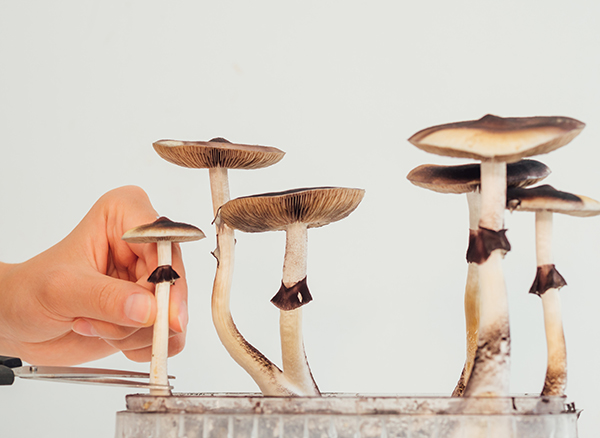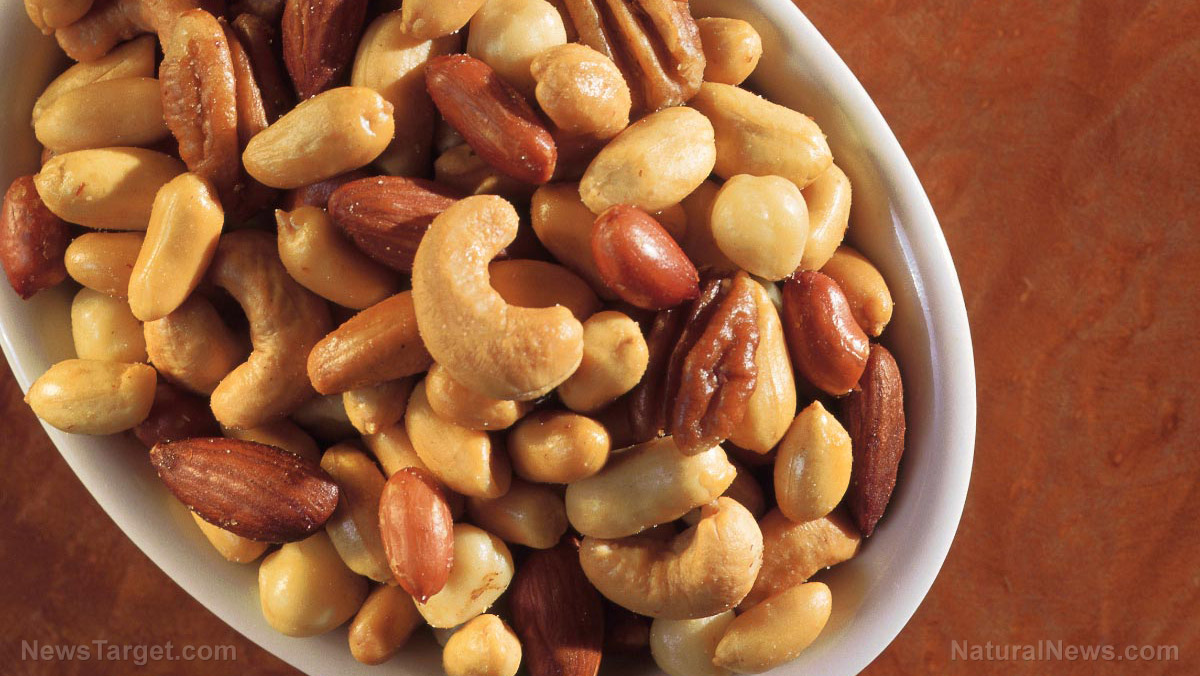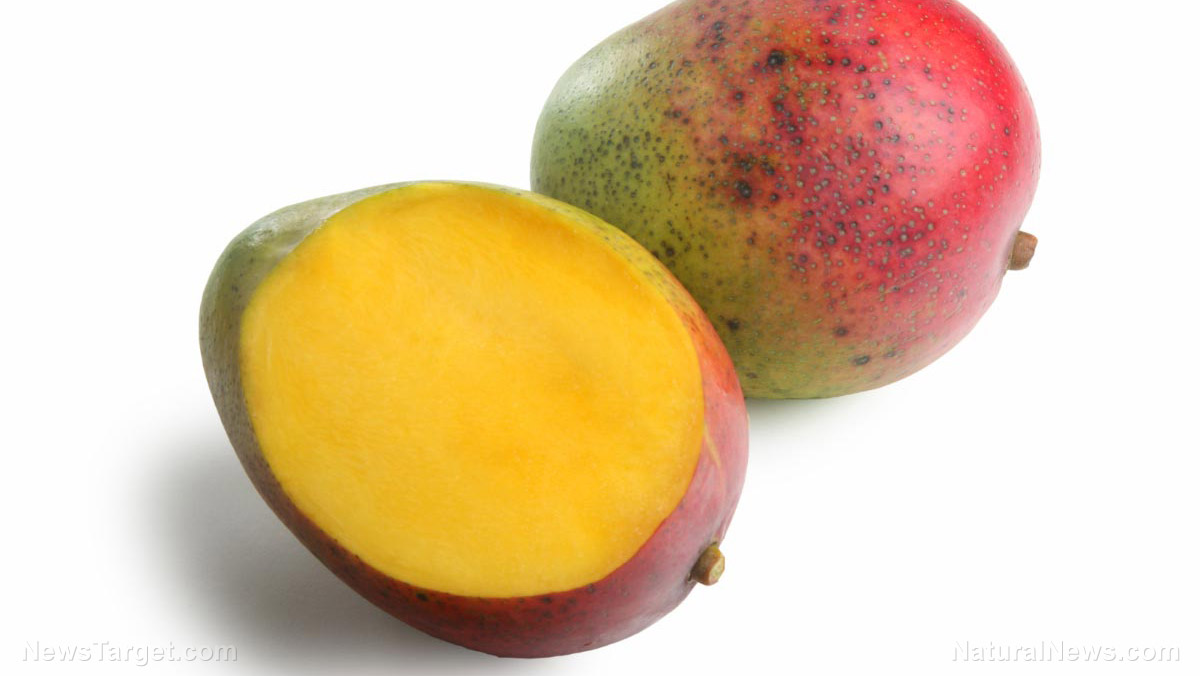Discover the nutritional power of Hemp Seeds
10/12/2025 / By Laura Harris
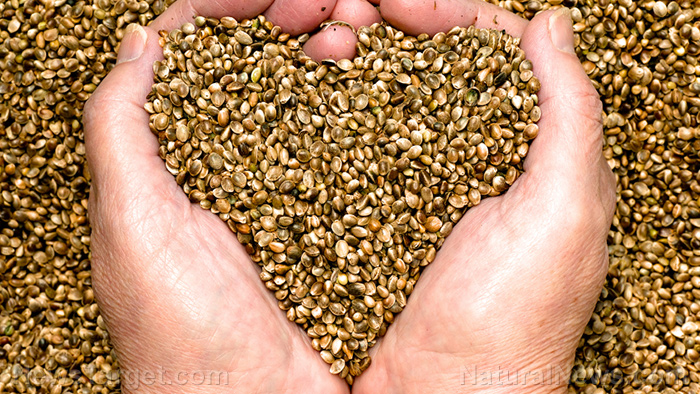
- Hemp seeds, derived from non-psychoactive Cannabis sativa, have a 10,000-year history as a nutritional and medicinal staple but were overshadowed by legal restrictions until recent legalization renewed interest.
- Hemp seeds provide complete plant-based protein, an optimal balance of omega-3 and omega-6 fatty acids, fiber, essential minerals and antioxidants that support heart, brain, skin and overall health.
- Organic hemp seeds are preferred due to strict farming standards that minimize pesticide, heavy metal and GMO contamination, ensuring a cleaner and more nutrient-rich product.
- Their mild, nutty flavor allows hemp seeds to be easily added to smoothies, salads, baked goods, snacks and condiments, making them a practical ingredient for diverse diets including vegan, keto, paleo and gluten-free.
- Hemp seeds combine ancient wisdom with modern science, offering anti-inflammatory effects and vital nutrients without psychoactive effects, making them a holistic superfood for chronic disease prevention and wellness.
In a world increasingly burdened by chronic disease, environmental toxins and nutrient-deficient diets, the resurgence of ancient superfoods offers hope for holistic healing. Among these, hemp seeds – an exceptional source of protein, healthy fats and vital minerals – stand out as a nutritional powerhouse. Long overshadowed by misconceptions surrounding their psychoactive cousin (marijuana), hemp seeds have re-emerged as a scientifically validated superfood capable of supporting heart health, brain function, vibrant skin and more.
Brief history of hemp seeds
Hemp seeds come from the Cannabis sativa plant, a non-psychoactive variety of cannabis cultivated for industrial and nutritional purposes. Unlike marijuana, hemp contains less than 0.3 percent THC, making it non-intoxicating while retaining its medicinal benefits.
Historically, hemp has been cultivated for over 10,000 years, with archaeological evidence suggesting its use in ancient China for food, textiles and medicine. The Neolithic period saw hemp seeds consumed as a dietary staple, while Ayurvedic medicine utilized them for digestive and inflammatory disorders.
However, hemp’s reputation suffered in the 20th century due to political restrictions and confusion between hemp and marijuana. Fortunately, the 2018 U.S. Farm Bill legalized hemp cultivation, reigniting global interest in hemp seeds as a sustainable superfood.
Nutritional profile of hemp seeds
Hemp seeds offer a complete protein, omega-rich fatty acids and essential minerals, making them one of the most nutrient-dense seeds available. Here’s a breakdown of their key benefits:
Complete plant-based protein
- Hemp seeds contain all nine essential amino acids, making them an unusual plant-based complete protein. A 30g serving (three tbsp) provides 10g of protein, ideal for vegans and athletes.
Balanced omega-3 and omega-6 fatty acids
- Unlike many Western diets laden with inflammatory omega-6s, hemp seeds maintain a 3:1 ratio of omega-6 (linoleic acid) to omega-3 (alpha-linolenic acid) – an optimal balance for reducing inflammation, supporting brain health and lowering cardiovascular disease risk.
Rich in fiber and minerals
- Hemp seeds provide both soluble and insoluble fiber, aiding digestion and gut health. They’re also a natural source of magnesium, zinc, iron and phosphorus, critical for nerve function, immunity and energy production.
Antioxidant and anti-inflammatory properties
- Packed with vitamin E and phytonutrients, hemp seeds combat oxidative stress, supporting skin health and reducing chronic inflammation linked to modern diseases.
Certified organic hemp seeds are cultivated without harmful pesticides, herbicides or genetic modification, ensuring a cleaner and more natural product. In contrast, conventional hemp crops often rely on synthetic fertilizers at the start of their growth cycle and are not subject to the same strict inspections required for organic certification. The primary difference lies in certification standards: organic hemp undergoes rigorous checks, while conventional farming lacks these safeguards.
Beyond farming methods, potential concerns with hemp seeds include pesticide exposure, heavy metal contamination and GMOs and synthetic additives. By selecting certified organic hemp seeds from trusted sources, consumers can reduce exposure to harmful chemicals and enjoy a cleaner, more nutrient-dense product.
Culinary uses of hemp seeds
Hemp seeds’ mild, nutty flavor makes them an easy addition to countless dishes. Here are some delicious ways to incorporate them:
Breakfast boosters
- Hemp seed smoothies (blend with banana, spinach, almond milk)
- Overnight oats or chia pudding topped with hemp hearts
- Hemp granola bars (mixed with oats, honey, nuts)
Savory meals
- Salad topper (sprinkle on greens, avocado, quinoa)
- Crust for baked salmon or chicken (mixed with herbs)
- Nutritious garnish for soups
Desserts and snacks
- Hemp energy balls (dates, cocoa, hemp seeds)
- Dairy-free hemp milk (soaked seeds blended with water)
- Baking ingredient (hemp flour in muffins, bread)
Condiments and spreads
- Hemp seed pesto (basil, garlic, hemp seeds, olive oil)
- Hemp butter (blended with sea salt)
Hemp seeds represent a fusion of ancient wisdom and modern science, offering unparalleled nutritional benefits without psychoactive effects. With their anti-inflammatory properties, balanced fatty acids and protein richness, hemp seeds are a vital component of plant-based, keto, paleo and gluten-free diets.
This story is not medical advice and is not intended to treat or cure any disease. Always consult with a qualified naturopathic physician for personalized advice about your specific health situation or concern.
Learn more about the health benefits of superfoods and other natural ingredients at NaturalNews.com, your trusted source for wellness insights and nutritional knowledge.
For cutting-edge tools to expand your understanding of natural health, try Brighteon.ai, an innovative AI model created by Mike Adams, the Health Ranger. This free, downloadable tool is designed to decentralize knowledge, bypass censorship, and empower individuals with actionable information.
If you’re passionate about nutrition, natural medicine, and uncensored discussions, visit Brighteon.com and a free speech video platform and join our vibrant communities on Brighteon.IO and Brighteon.social. Dive into open conversations about food, ingredients and holistic health today!
Watch this video to learn about the top 10 health benefits of hemp seeds and hemp oil.
This video is from the All About Herbs channel on Brighteon.com.
Sources include:
Submit a correction >>
Tagged Under:
This article may contain statements that reflect the opinion of the author
RECENT NEWS & ARTICLES
COPYRIGHT © 2017 SUPERFOODS NEWS

